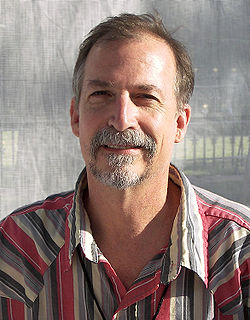A Quote by Idra Novey
I have a deep love for the art of translation, and I couldn't find a novel that captured the fascinating, reckless adventure of it as I'd experienced it, or portrayed translators as the passionate risk-takers that so many of the translators I know are. So I wrote the book I couldn't find.
Related Quotes
There is an old Italian proverb about the nature of translation: "Traddutore, traditore!" This means simply, "Translators-traitors!" Of course, as you can see, something is lost in the translation of this pithy expression: there is great similarity in both the spelling and the pronunciation of the original saying, but these get diluted once they are put in English dress. Even the translation of this proverb illustrates its truth!
Usually the German translators do something terrible, especially with Tom Wolfe, which is that they make it local. So if the characters are from Harlem, the translators put all this Berlin slang into their mouths, and that's just terrible. You cringe when you read that. But there really is no good solution to the problem, except learning English.
Men talk of "the mistakes of Scripture." I thank God that I have never met with any. Mistakes of translation there may be, for translators are men. But mistakes of the original word there never can be, for the God who spoke it is infallible, and so is every word he speaks, and in that confidence we find delightful rest.
I've never translated more than one book by any author. But I'm fascinated by translators who have, like Richard Zenith, who's translated so much of Fernando Pessoa's work. I get restless for a new kind of influence. The books I've translated are books I want to learn from as a writer, to be intoxicated by. And translation is an act of writing in itself. It's an act of recreation - of a writer's cadence and tone and everything that distinguishes the voice in the book.
Translators have to prove to themselves as to others that they are in control of what they do; that they do not just translate well because they have a "flair" for translation, but rather because, like other professionals, they have made a conscious effort to understand various aspects of their work.






































